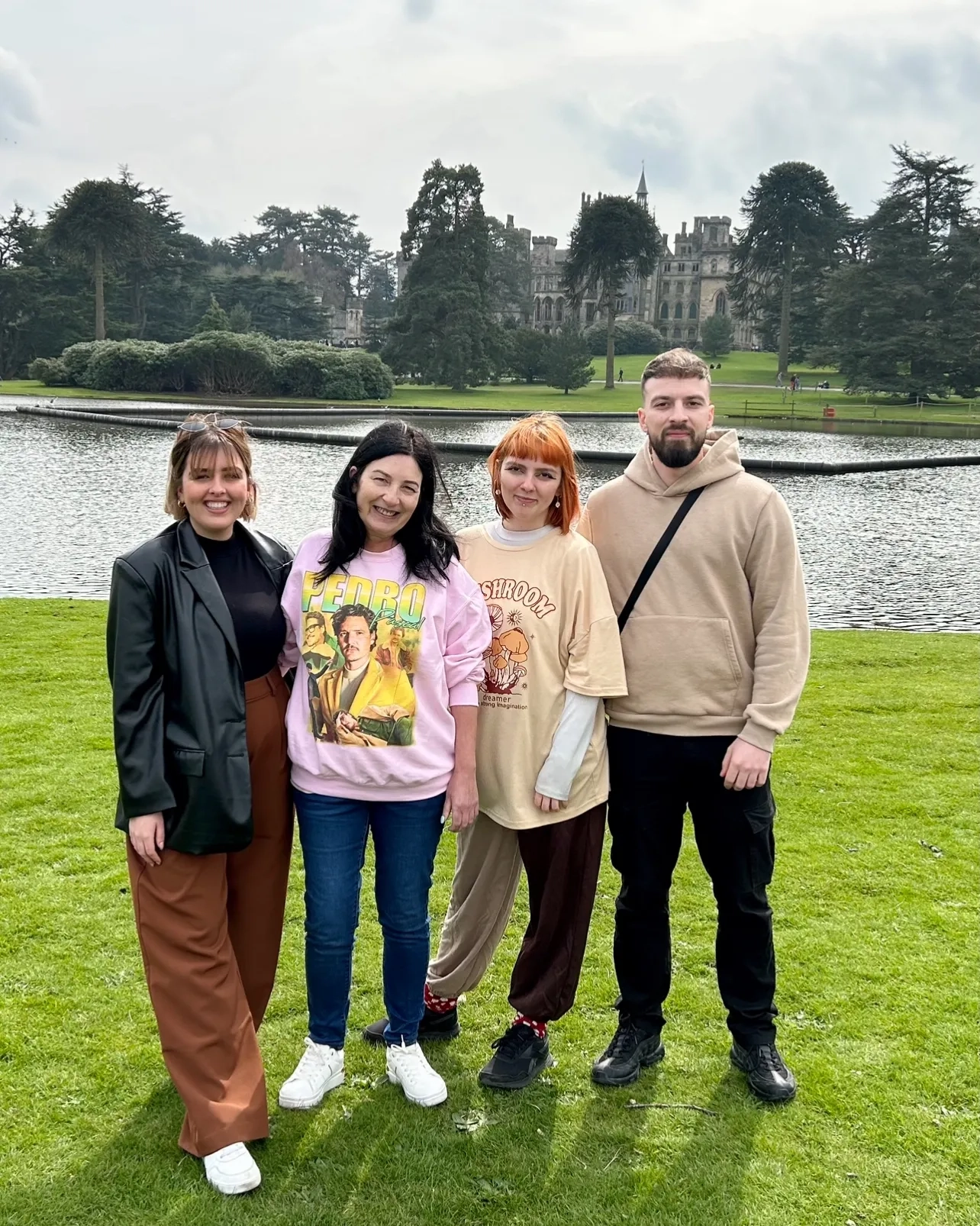18 September 2025 News
FUNDING research into new tests which could shorten the time it takes to be diagnosed with motor neurone disease (MND) is the aim of a new appeal by the MND Association.
This September, supporters are being given the chance to play a key role in MND research, helping to fund the progress which could ensure people with symptoms of MND get the answers they need much more quickly.
The appeal is being fronted by Debbie Whitehouse from Stafford, who faced a long wait and a barrage of tests before finally being diagnosed with MND at a specialist MND clinic in 2022.
She explained: “I joined a menopausal Facebook group, put my symptoms in a post and they said, ‘Yeah, it’s menopause’. I went to the doctor, they did blood tests and told me to take vitamins D and C because I was low.
“Then when I couldn’t push myself to standing, and had vertigo and dizziness, I went back to the doctors and had an MRI. Then I stopped being able to grip the stair bannister. One day I slipped, ending up in A&E. I also had some twitching, but I still thought it was menopause.
A neurologist told me, ‘I’m sorry, but it does look like you have MS, but you can lead a normal life’.
“I was shocked and confused. I searched ‘twitching from weakness’ and one of the top results was MND. I joined the MND Association’s forum and read other people’s stories. I remember going to my friends crying saying, ‘I think I’ve got MND’.
“I’m lucky I was diagnosed in time to join clinical trials. I’ve volunteered for three so far and it hasn’t always worked out, but I’m happy to try. It gives me hope. And at the end of the day, research is the only way we’ll make things better."
Donations made through the appeal could help fund important research like the project being run by Professor Jenna Gregory at the University of Aberdeen, who has developed a new aptamer tool which could uncover early signs of MND.
The MND Association’s Chief Scientist, Dr Brian Dickie said: “Research like this could mean that in the future an MND diagnosis is no longer a lengthy process of elimination after symptoms have begun. And if doctors can get there sooner, it will mean people with MND could have longer to adjust to their diagnosis, make precious memories and access support from the MND Association and other organisations.
“It could also mean people have the option to take part in clinical trials before there’s so much damage to neurones.”
For more information about the appeal, or to make a donation, visit www.mndassociation.org/get-involved/donations/september-appeal
